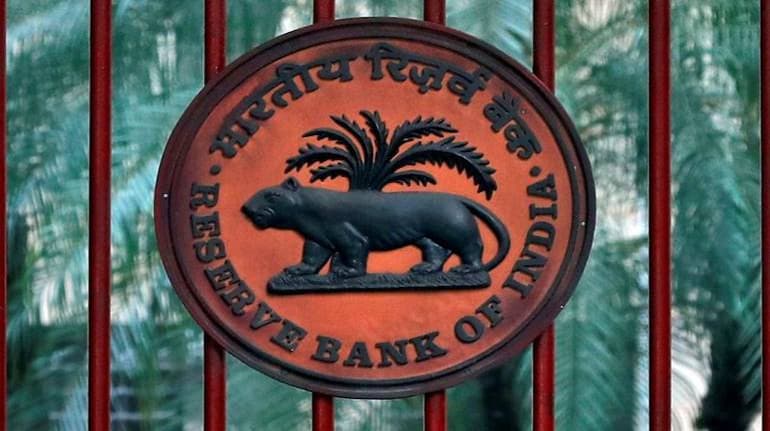



Economic shocks from advanced economies as a result of policy changes could pose a major challenge to emerging markets, the Reserve Bank of India (RBI) said in its monthly bulletin released on February 17.
“Cross-border transmission of economic shocks from changes in the macroeconomic policy stance in advanced economies is a key challenge for emerging market economies in today’s world," the bulletin said.
The observation is significant in the backdrop of rising interest rates in the US and other major economies.
The bulletin highlighted how the US monetary policy shocks affected the global economy, primarily through global asset prices and capital flows.
“Often, contractions in US monetary policy are followed by significant deleveraging of global financial intermediaries, especially in the emerging market economies (EME),” the bulletin said.
Since the US dollar serves as a global reserve currency, the bulletin said the impact of monetary policy actions by other systematically important central banks on emerging markets has been marginal compared with that by the US Fed.
The RBI bulletin is a monthly publication that offers insights into the developments in both global and domestic economies.
Effect on the Indian economy
The bulletin showed that the US monetary tightening adversely affects the net worth of Indian firms and reduces domestic credit relative to external credit.
Alongside individual firms' credit effect, the bulletin also showed that the US monetary policy decisions had a significant effect on Indian equity markets with this effect getting stronger over time.
"Quantitative easing (QE) by the US Fed had significantly altered monetary conditions in India, particularly, QE1 that had the largest impact, and the bulletin also showed that QE-related spillovers worked mainly through the portfolio rebalancing channel followed by the liquidity channel," it said.
The bulletin said maintaining a fine policy balance would likely to be tricky in the current landscape amid heightened uncertainty.
Discover the latest Business News, Sensex, and Nifty updates. Obtain Personal Finance insights, tax queries, and expert opinions on Moneycontrol or download the Moneycontrol App to stay updated!
Find the best of Al News in one place, specially curated for you every weekend.
Stay on top of the latest tech trends and biggest startup news.